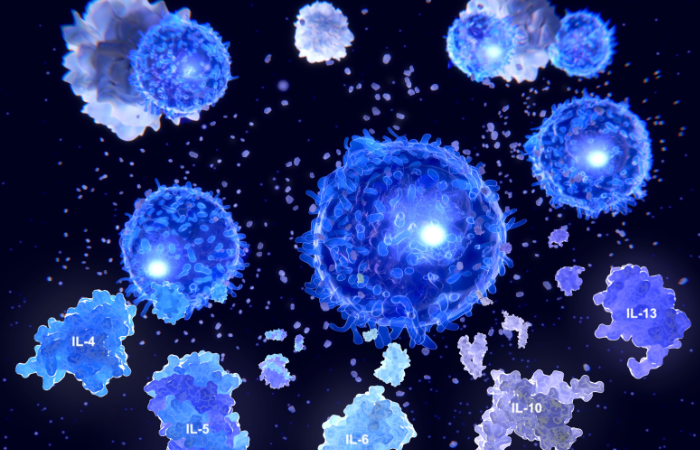April 2023: Using the body’s immune system to fight cancer cells is the goal of the promising cancer treatment method known as tumour infiltrating lymphocytes (TIL) immunotherapy. The process entails taking immune cells called TILs out of a patient’s tumour tissue, growing and activating them outside the body, and then returning them into the patient. By increasing the amount of immune cells that can identify and kill cancer cells, this therapy aims to reduce or completely eradicate tumours.

White blood cells known as TILs are an essential component of the body’s immune response against malignancies. Although these cells can identify and target cancer cells, their efficacy may be compromised in patients with advanced cancer. TILs are isolated from a patient’s tumour tissue sample and used in TIL therapy. To improve their capacity to identify and combat cancer cells, these cells are then cultivated in the lab and activated by signalling molecules such as cytokines.
The TILs are reintroduced into the patient’s body via infusion after being grown and activated. The TILs move to the tumor’s location and start attacking cancer cells there. It is hoped that by raising the body’s TIL levels, the immune system will be better able to combat cancer.
A number of solid tumours, including melanoma, cervical cancer, and ovarian cancer, have responded favorably to TIL therapy in clinical trials. There have been instances where the cancer has completely disappeared. To fully comprehend the therapy’s potential and constraints, additional research is required as it is still in the early phases of development.

Finding the precise TILs that attack cancer cells most effectively is one of the biggest challenges of TIL therapy. TILs’ widespread application may be constrained by their complexity and length of time-consuming extraction, expansion, and activation processes. To address these issues, researchers are looking into ways to accelerate the TIL extraction and activation procedure and to provide more individualised, targeted treatments.
Overall, TIL therapy is a promising method for treating cancer that has produced good outcomes in preliminary clinical trials. The potential advantages of this therapy make it an interesting field of research for the future of cancer treatment, despite the fact that there are still numerous obstacles to be solved.
TILs therapy in India
Some of the leading oncologists in India has started TILs therapy with the help of foreign collaborations. Several types of solid tumor cases like melanoma, sarcomas, gynec cancers, GI cancers can be cured with the help of TILs therapy.
Cost of TILs therapy in India
Cost of TILs therapy in India depends upon the type of cancer and overall tumor burden on the patient. It highly case dependent. For details of cost please send patients medical reports to info@cancerfax.com or connect on WhatsApp to +91 96 1588 1588.


